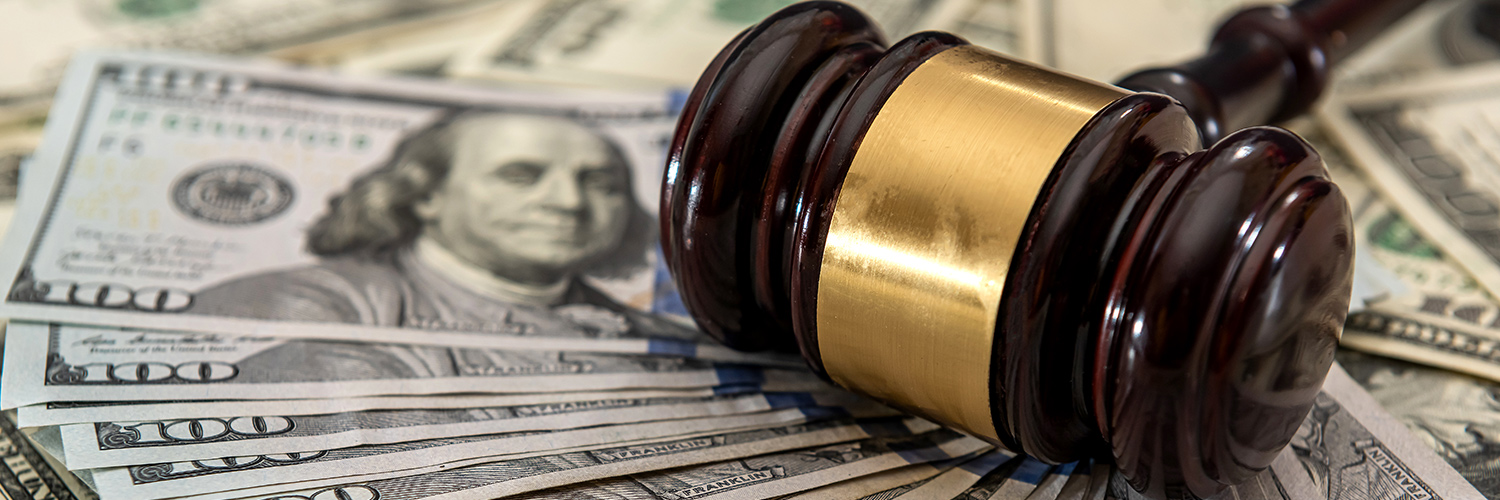Walmart Agreed To Pay $3.1B To Settle Opioid Lawsuits
Walmart Agreed To Pay $3.1B To Settle Opioid Lawsuits

Introduction
Walmart has become the latest major player in the drug industry to announce a plan to settle lawsuits filed by state and local governments across the US over the toll of powerful prescription opioids sold at its pharmacies.
The $3.1 billion proposal comes on the heels of similar announcements from the two largest U.S. pharmacy chains, CVS Health and Walgreen Co., both of which said they would pay around $5 billion.
Walmart, based in Bentonville, Arkansas, said in a statement that it "strongly disputes" allegations in state and local government lawsuits that its pharmacies improperly filled prescriptions for the powerful prescription painkillers. With the settlement plan, the company does not admit liability.
According to a press release from the New York Attorney General, the company must comply with oversight measures, prevent fraudulent prescriptions, and flag suspicious ones. If the settlement is finalized, the company will pay the majority of the settlement over the next year, according to lawyers representing local governments.
The agreements were reached through negotiations with a group of state attorneys general, but they are not final. Before the CVS and Walgreens deals could be finalized, a critical mass of state and local governments would have to approve them. Walmart's plan would require approval from 43 states. The formal procedure has yet to begin.
The national pharmacies join some of the largest drugmakers and distributors in settling complex lawsuits stemming from their alleged roles in an opioid overdose epidemic that has resulted in more than 500,000 deaths in the United States over the last two decades.
In recent years, proposed and finalized settlements totaled more than $50 billion, the majority of which will be used by governments to combat the crisis.
The majority of fatal opioid overdoses in the 2000s involved prescription drugs such as OxyContin and generic oxycodone. After governments, doctors, and corporations took steps to make them more difficult to obtain, drug addicts increasingly turned to heroin, which proved more lethal.
In recent years, opioid deaths have reached record highs of around 80,000 per year. The majority of those deaths are the result of an illicitly produced version of the powerful lab-made drug fentanyl, which is becoming more prevalent in the illegal drug supply in the United States.
Latest News
Texas Trial to Decide J&J’s $10B Talcum Powder Settlement
A high-stakes trial in Texas will determine whether Johnson & Johnson (J&J) can resolve tens of thousands of talcum powder cancer lawsuits through a…




